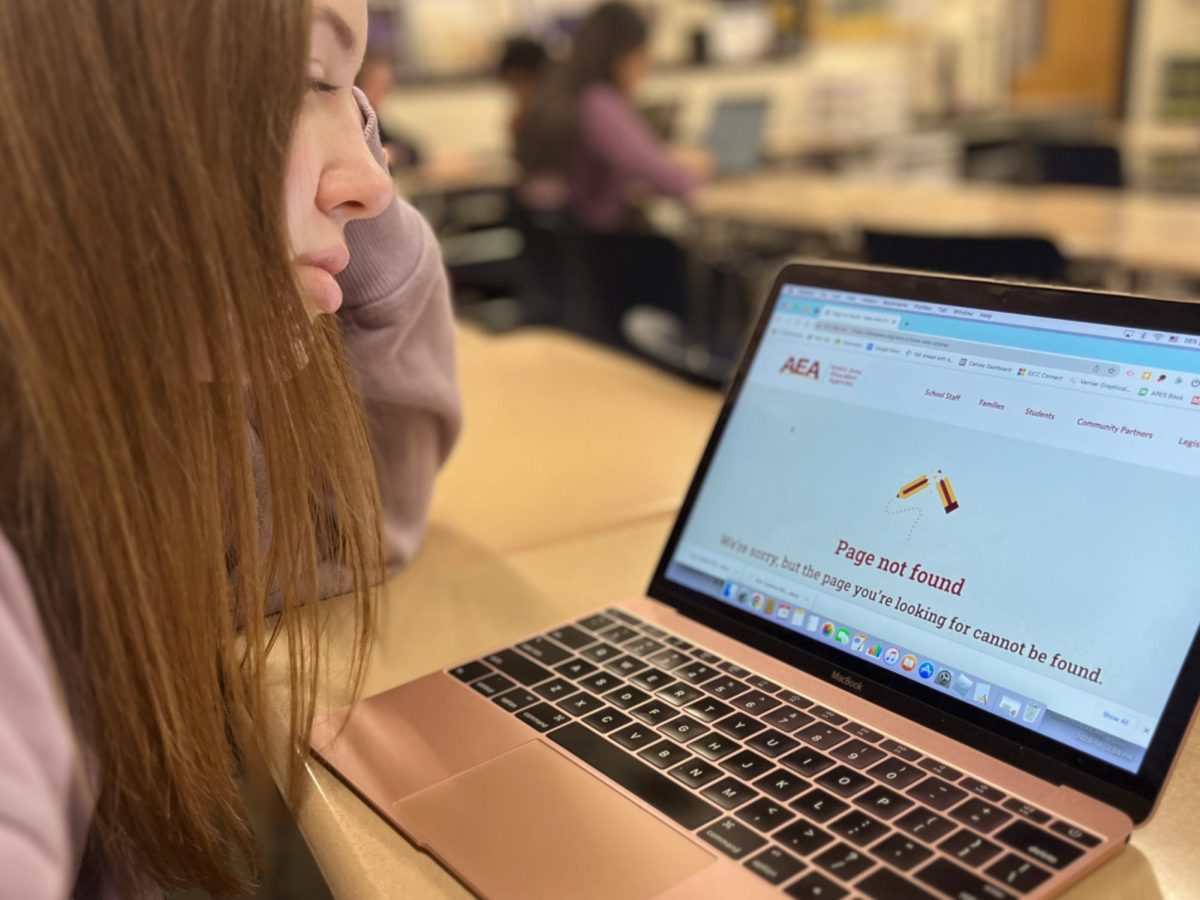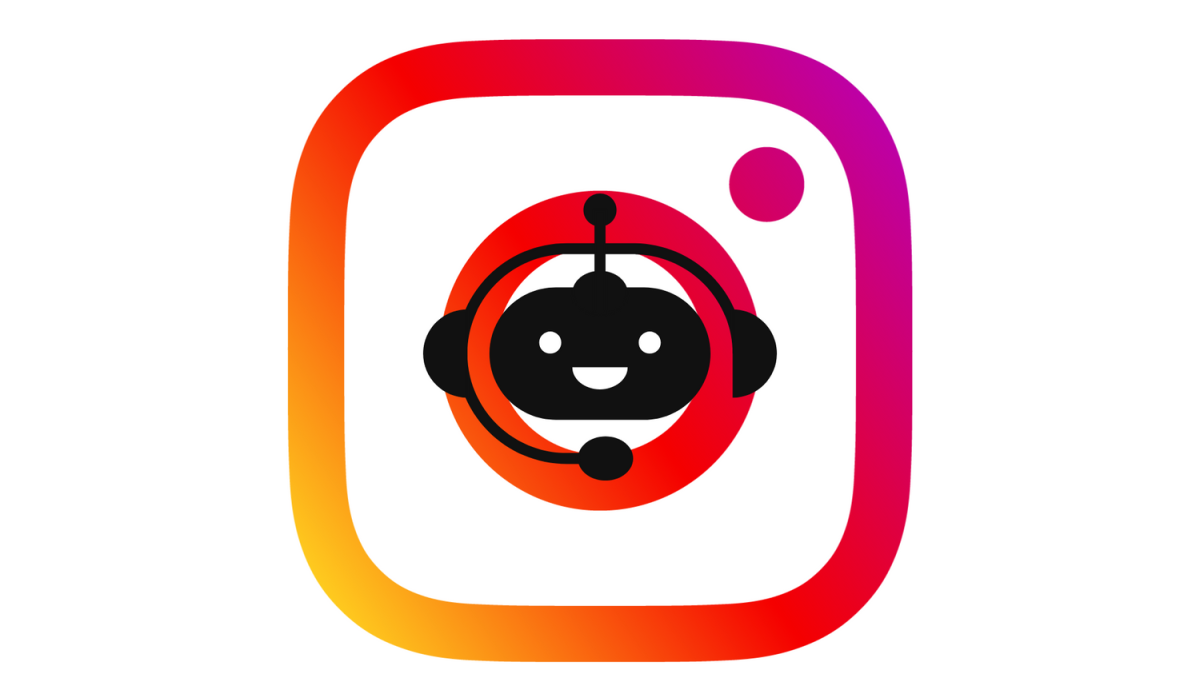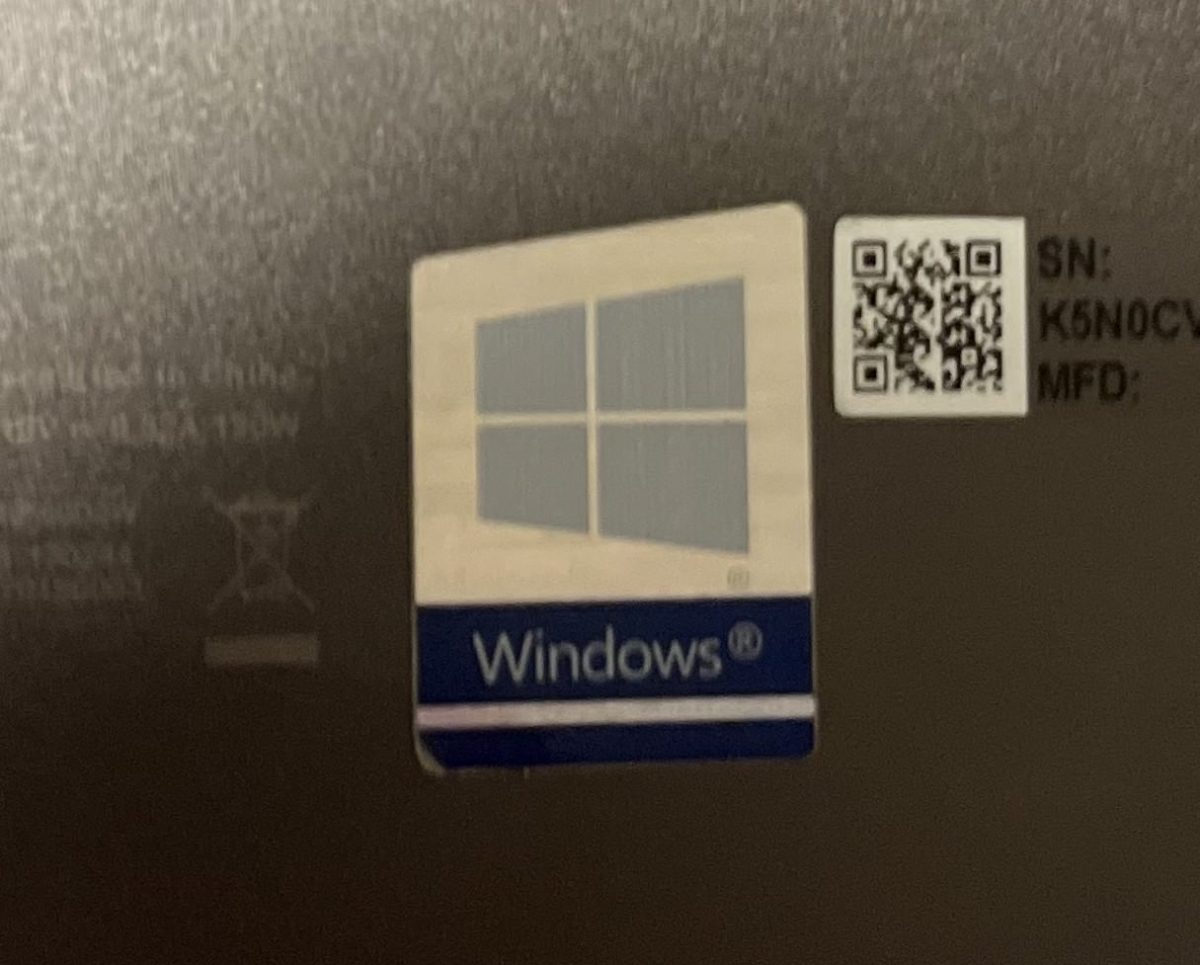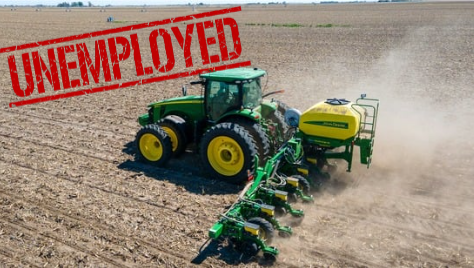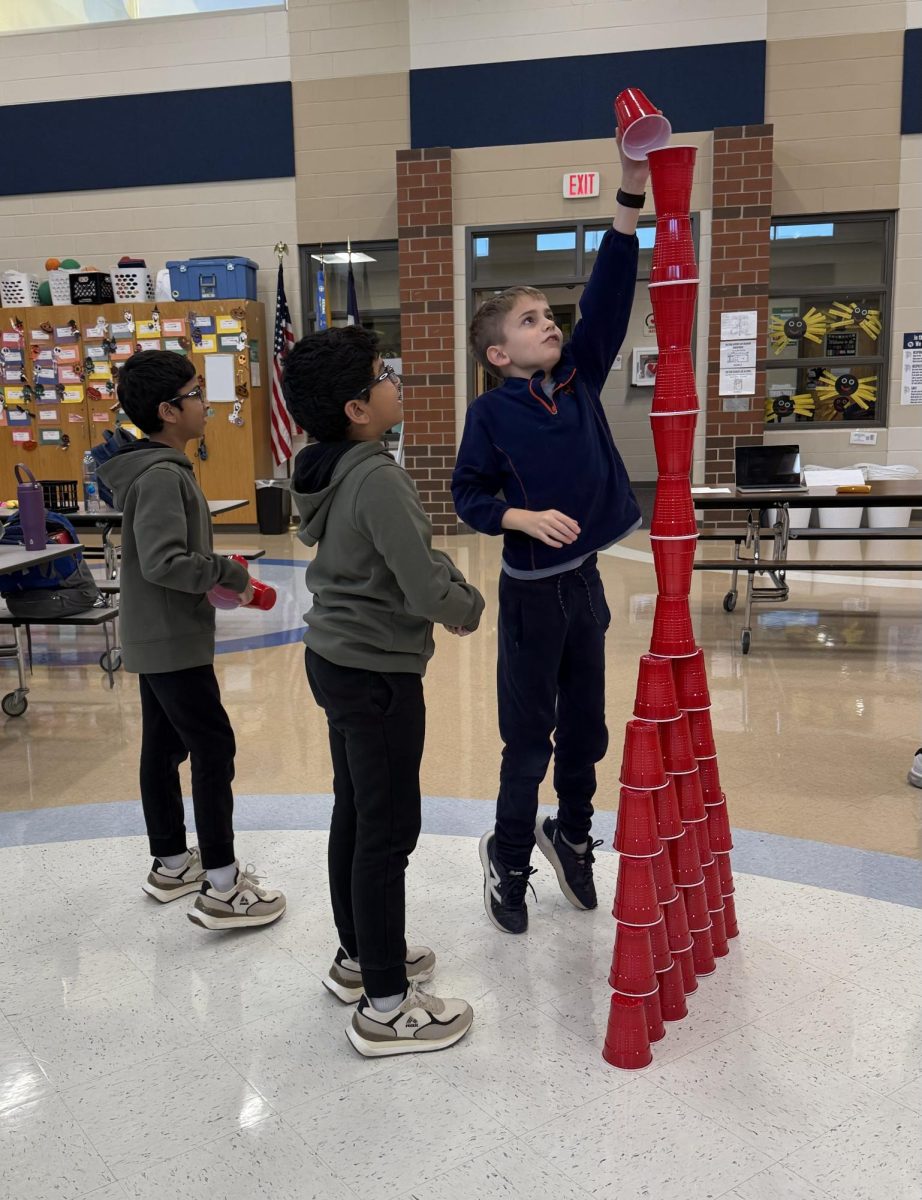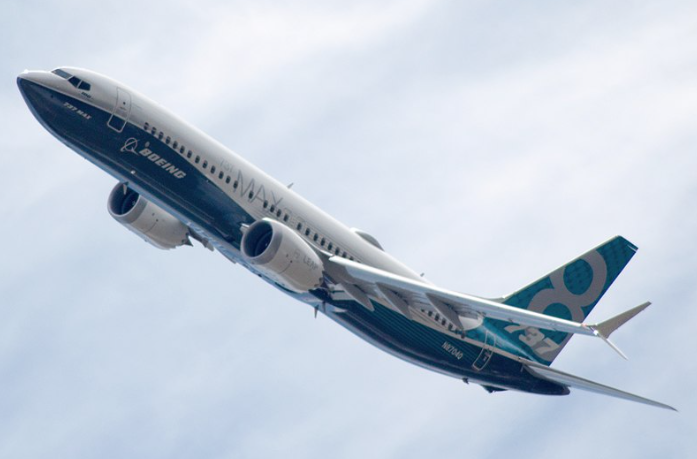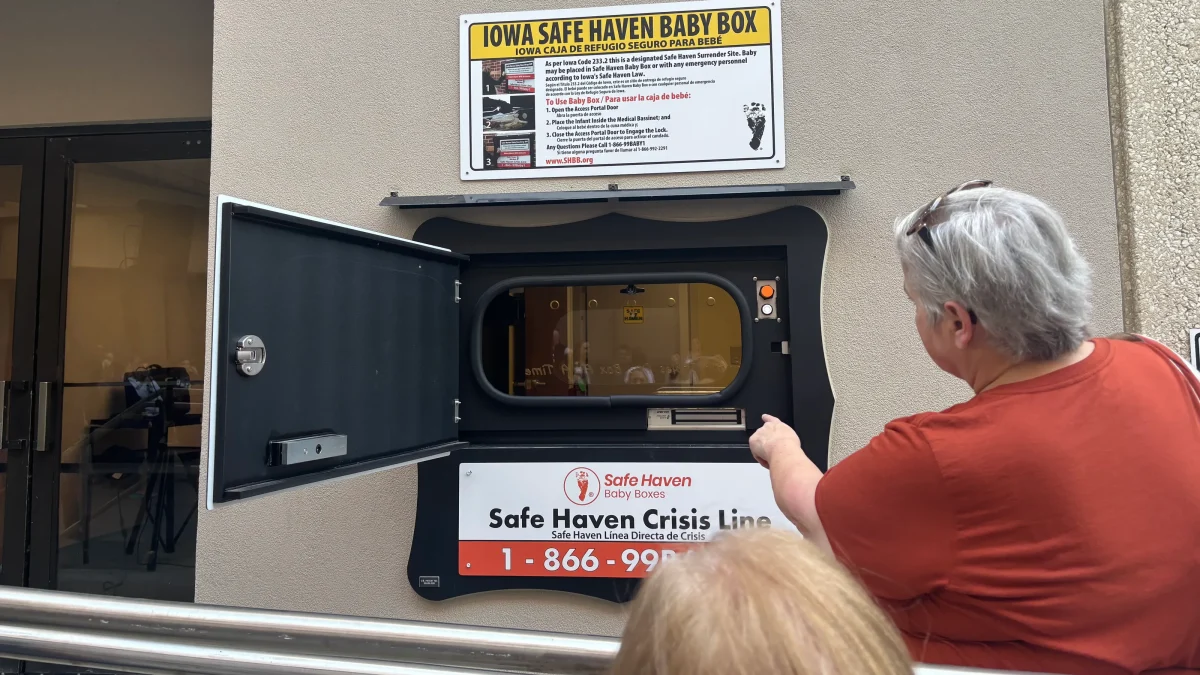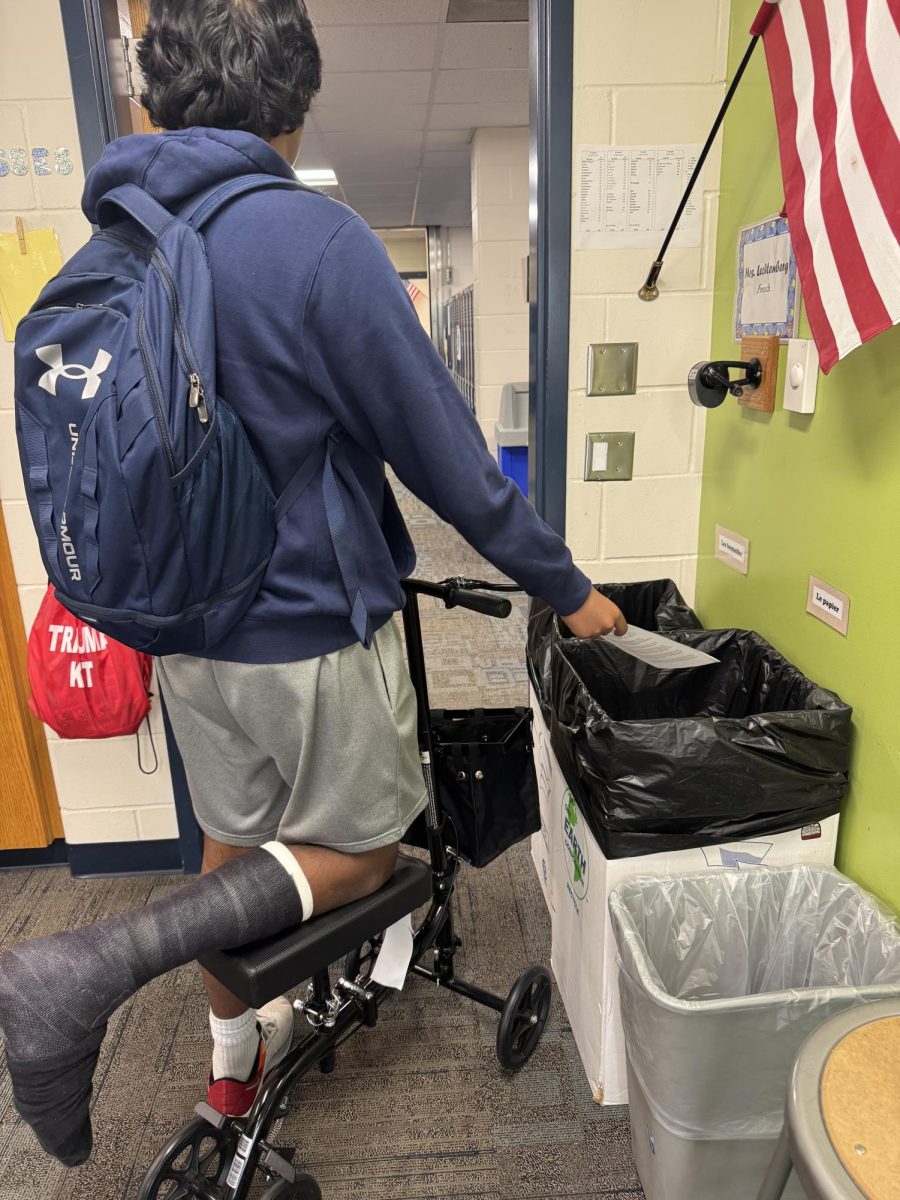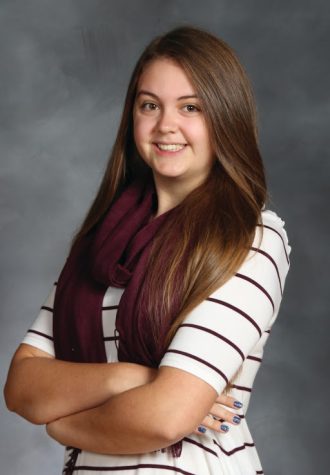With the onset of the holiday season, more and more people will be hopping aboard airlines in order to visit far-away family members. When it comes to air travel, the pricey cost for tickets is not the only thing that has flyers worried and uneasy. Apart from the usual fear of heights and the irritably long TSA lines, travelers who check in their bags are also faced with the fear that their valuables may be lost forever. According to SITA, an aviation technology company that tracks luggage performance every year, 24.1 million bags were mishandled globally in 2014. Due to the overwhelming possibility of losing possessions, flyers are looking for ways to have peace of mind about their luggage, as well as a better system of tracking it down if it did happen to get lost.
People are combatting the issue by attaching GPS tracking technology to luggage. Some attachable devices, such as Trakdot or LugLock, offer the service but have been claimed to be unreliable by consumers. These types of devices run on batteries, and also require access to WiFi or cellular service—something that most flyers don’t have while either in the air or traveling in foreign countries. Due to this, people are looking for more reliable products.
Fortunately, the call has been answered by the introduction of luggage with the technology already built into it. “It’s a trend,” says Michele Marini Pittenger, president of the Travel Goods Association, a trade group representing the luggage industry. Popular brands for these bags include Bluesmart and Raden. They work by using both GPS and Bluetooth technology, all while connecting to your smartphone via a free app, allowing you to see where your bag currently is on a map. The bags are quite pricey, coming in at $449 for Bluesmart One’s carry on, but in basically all circumstances, they work.
Airlines such as American Airlines are also adopting similar features, by offering travelers the opportunity to track their checked in bags via a new feature on the American Airlines app. However, this does not prevent the bag from becoming lost, and may not be accurate either. The bottom line is, airlines cannot always be trusted with checked bags because their error margin is quite high.
Senior Maddux Snook is still a little skeptical about the process. “What’s going to stop hackers from hacking into the GPS and stealing suitcases with valuables?”
As always, a problem usually can’t be solved without the onset of another, but for now these new “smart” suitcases are the best option we have for preventing our items from being





